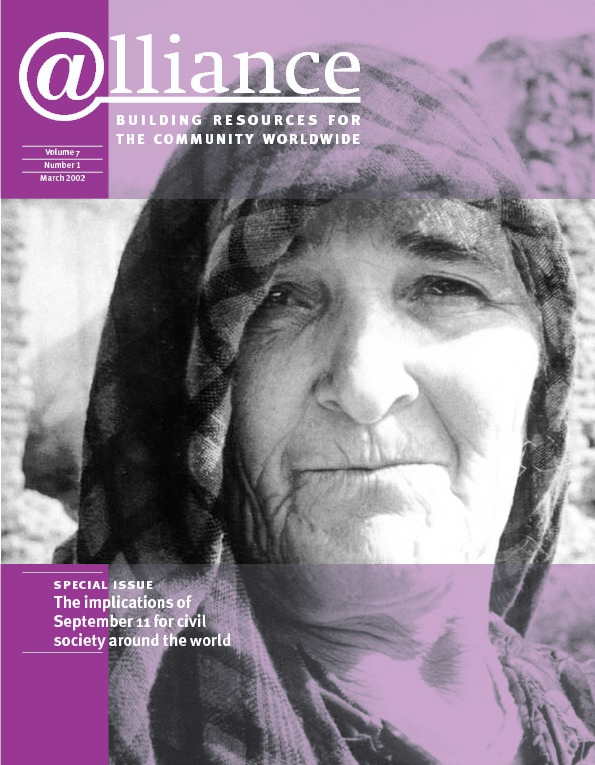From Alaska to Zimbabwe, it is hard not to be struck by the interest all around the world in the topic of corporate social responsibility (CSR). Whether people are marching in the streets condemning corporations for their greed and abuse of power or featured on CNN applauding companies for their efficiency and wealth-generating capacity, everyone seems to have an opinion on the subject, with most of us situated somewhere in between these two extremes.
Simon Zadek’s new book makes a breakthrough contribution to this debate. Zadek does not hide his conviction about the importance of these issues. As he says in the very first sentence of his book: ‘The role of business in society is the 21st century’s most important and contentious public policy issue.’ If he is right – and I believe he is – then we will have to sort through the vast amount of information, ideas, opinions and rhetoric that is out there in order to make sense of it all.
Thankfully, Zadek has done a lot of that work for us. He presents a tour de force of the CSR movement – illustrating the concepts, arguments and examples that make up this growing community’s vocabulary, using a language and writing style that make the book easy to read and its logic easy to follow. In a field that lacks scholarship, this book is an important step forward. Just a review of the Notes and Bibliography sections provides a wealth of key citations and references for anyone intending to study this field, especially in the areas of governance, accountability, social auditing and stakeholder engagement. But this is not all the book has to offer.
Zadek, a self-proclaimed ‘optimistic sceptic’, does not take the CSR community’s rhetoric at face value. He challenges the field’s assumptions, specifically questioning whether the ‘three rings of sustainability’ (a popular diagram with three overlapping circles representing the environmental, social and economic spheres) is actually the most appropriate metaphor for sustainable development. He casts doubt on everyone’s favourite argument about the ‘win-win’ of CSR, demonstrating with hard facts that the relationship between good behaviour and bottom-line results is not always as clear and direct as we would like it to be. According to Zadek, the inverse of this argument is also tenuous, as ‘even the high profile civil campaigns against the like of Shell, Nestlé and Nike have had little or no demonstrable effect on share prices or dividends’.
What is going to influence companies then? Zadek contends that there is indeed a role for civil regulation – ‘manifestations of essentially political acts that can affect business performance through their influence on market conditions’, as he defines it. But, he contends, this ‘public watchdogging’ is necessary but not sufficient to drive good corporate citizenship. He rightly turns the question of transparency and accountability back on those who are supposed to be ‘minding the store’, questioning the legitimacy that civil society organizations have appropriated in recent times and asking whether they are implementing the kind of change in their own organizations that they are requiring in companies. As is Zadek’s style, no one is above reproach.
Zadek finalizes his argument with a disciplined approach to how to build what he refers to in the title of the book as the ‘civil corporation’, a company which ‘takes full advantage of opportunities for learning and action in building social and environmental objectives into its core business model by effectively developing its internal values and competencies’. His argument is clear and his rationale convincing, but for those executives looking for a quick-read, ‘how to’ manual with glossy pictures and clever design, this is not what they will find. Instead, and much more important, Zadek has provided us with an intellectual framework to approach the tough questions and complex issues we will face in this growing global debate. I believe this book will be looked back at in retrospect as one of the most important books to come out of the ‘new era of corporate citizenship’.
Dan Gertsacov is General Manager, Forum EMPRESA – Forum on Business and Social Responsibility in the Americas, Brazil. He can be contacted at dgertsacov@empresa.org
The Civil Corporation: The new economy of corporate citizenship
Simon Zadek Earthscan £19.99
To order
http://www.earthscan.co.uk



Comments (0)